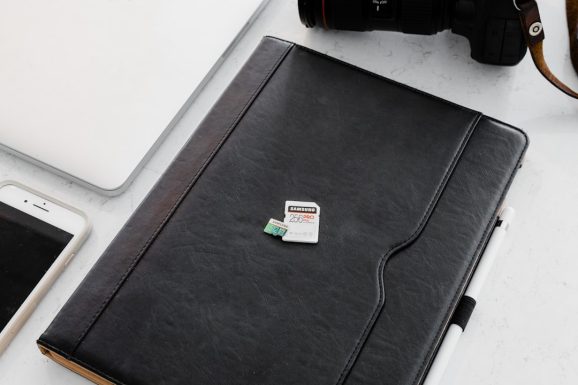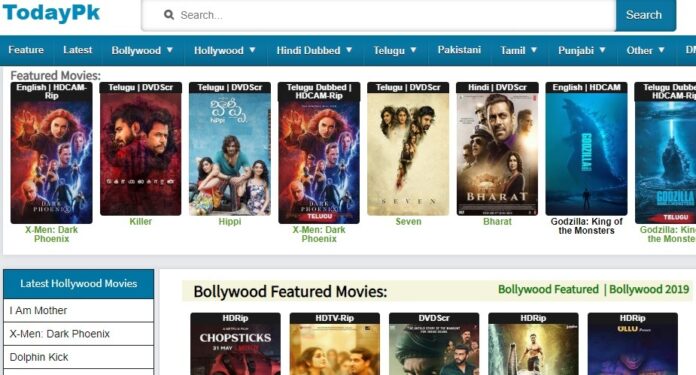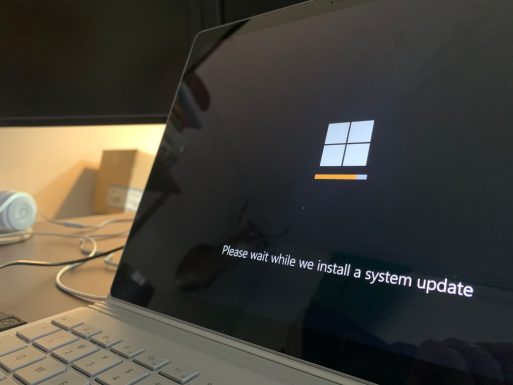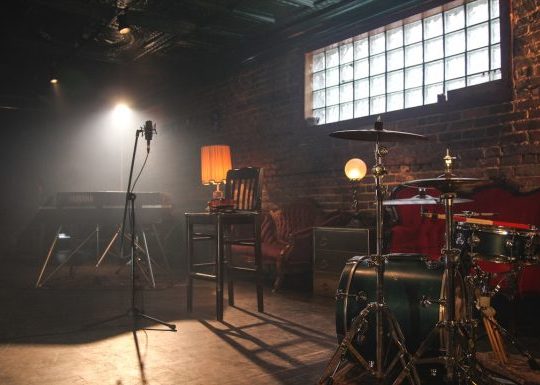In an age where identity theft and digital breaches dominate headlines, the small things we carry—like our business cards and credit cards—aren’t immune to theft. One technological advancement designed to mitigate this risk is the RFID business card holder. Marketed with security in mind, these cases claim to protect your sensitive information from being stolen by electronic pickpockets. But do these RFID holders really work? And more importantly, do you actually need one? Let’s dive into the functionality, effectiveness, and potential necessity of these sleek protectors.
What is RFID and Why Should You Care?
All Heading
RFID, or Radio Frequency Identification, is a technology that uses electromagnetic fields to automatically identify and track tags attached to objects. You’ve probably encountered RFID in:
- Contactless credit and debit cards
- Smart passports
- Employee access badges
- Public transport cards
Modern business cards, especially those embedded with smart chips or Near Field Communication (NFC), also fall into this category. These RFID-enabled cards contain sensitive information, which can be read at a short distance using an RFID scanner. The threat? Hackers using hidden or disguised readers to harvest your data without even touching you. This type of theft is often referred to as skimming.

How RFID Business Card Holders Claim to Work
RFID blocking card holders are typically made with materials like aluminum or carbon fiber, which can interrupt or block electromagnetic fields. By enveloping your cards in a “Faraday cage”—a conductive enclosure—they prevent external RFID readers from activating and reading the embedded chips.
The goal is to make it as hard as possible for any electronic thief to access your professional or financial information without your consent. These holders come in all shapes, sizes, and designs—from robust metal cases to elegant leather wraps with embedded shielding technology.
The Technology Behind RFID Protection
To understand whether RFID card holders are effective, it’s essential to grasp how their shielding works. Here’s a basic breakdown:
- RFID tags operate at different frequencies—typically 125 kHz (low frequency), 13.56 MHz (high frequency), and 860-960 MHz (ultra-high frequency).
- Blocking materials prevent radio waves at these frequencies from penetrating the case.
- A quality RFID-blocking sleeve or card holder must effectively attenuate these signals, which means it reduces the signal to a level where data transfer is impossible.
However, here’s the catch—not all RFID-blocking products are created equal. Some cheaper versions may only block certain frequencies or have design flaws that allow signals to sneak in from the sides. Always pay attention to the details when buying one.
Do You Really Need an RFID Business Card Holder?
This depends largely on what kind of cards you carry and your lifestyle. Consider the following:
- If you travel frequently, particularly internationally, chances are higher you’ll encounter digital pickpockets in crowded places.
- If you use business cards with built-in NFC chips to share professional contacts seamlessly, they might be susceptible to unauthorized reads.
- If you’re particularly privacy-conscious, an RFID-blocking case gives you peace of mind.
That said, the actual risk of RFID skimming in the real world isn’t as extensive as some may think. Many RFID chips are encrypted or non-readable without a specific type of scanner. And most criminals are still finding more success using physical skimming devices at ATMs or data breaches through hacking networks rather than walking around with custom scanners.
What to Look for in a Good RFID Business Card Holder
If you’ve decided that protection is better than regret, here are some things you should evaluate when purchasing an RFID card holder:
- Material: Metal cases often provide the best shielding, though high-quality leather or synthetic options with embedded RFID-blocking technology are also reliable.
- Size and Capacity: Make sure it comfortably fits all your essential cards without bulking up your pocket or bag.
- Design and Durability: A stylish case can complement your professional appearance, while a well-crafted closure keeps your cards safe from mechanical wear and tear.
- Verified Testing: Look for products that have undergone independent signal attenuation testing at standard RFID frequencies.

Pros and Cons of Using an RFID Card Holder
Like any security product, RFID-blocking holders have their advantages and drawbacks.
Pros:
- Enhanced privacy and protection for RFID-enabled cards
- Offers peace of mind in crowded public areas
- Durable designs that also protect against physical damage
- Professional and modern aesthetics
Cons:
- May be unnecessary for cards without active RFID chips
- Can be bulkier than standard wallets
- Some cheaper models offer poor or no real protection
For many, the peace of mind provided by using these card holders outweighs the slight inconvenience of added bulk.
Common Myths Debunked
There’s no shortage of myths floating around online when it comes to RFID technology. Here’s a look at some common misconceptions:
- Myth: RFID cards can be read from several meters away.
Truth: In most cases, the reading range is very short, often less than four inches. - Myth: All cards use the same RFID technology.
Truth: As noted earlier, different cards utilize different frequencies and security mechanisms. - Myth: RFID-blocking cases make your cards unreadable even when you want to use them.
Truth: You simply remove the card from the case when you need to use it. The protection only works when the card is inside the shield.
Final Verdict: Are RFID Business Card Holders Worth It?
In short, RFID business card holders can be an effective way to protect sensitive, scan-enabled cards, especially in high-risk scenarios. Their effectiveness depends on their material and construction quality, but when chosen wisely, they offer more than just RFID protection—they also add durability and professionalism.
If you carry smart business cards for networking events or store NFC cards for swift exchanging of digital profiles, shielding them with an RFID case adds a useful layer of security. Although the risk of RFID theft might be low for the average person, it’s not non-existent. As the tech becomes more widespread, so does the incentive to exploit it.
So while not absolutely essential for everyone, high-quality RFID business card holders are certainly worth considering—especially for those who value security and professionalism in equal measure.













Recent Comments